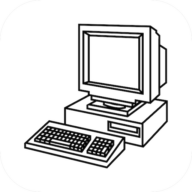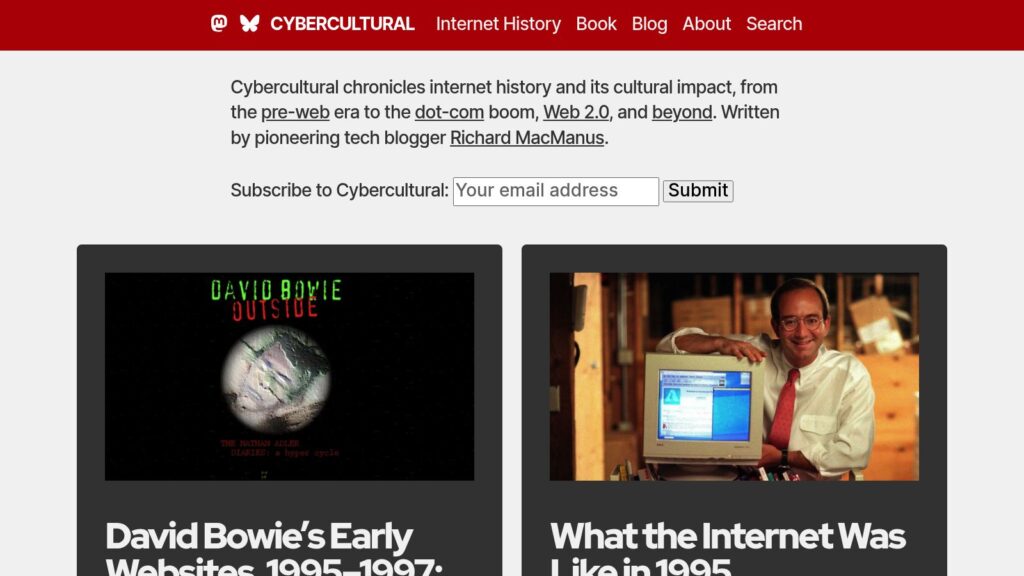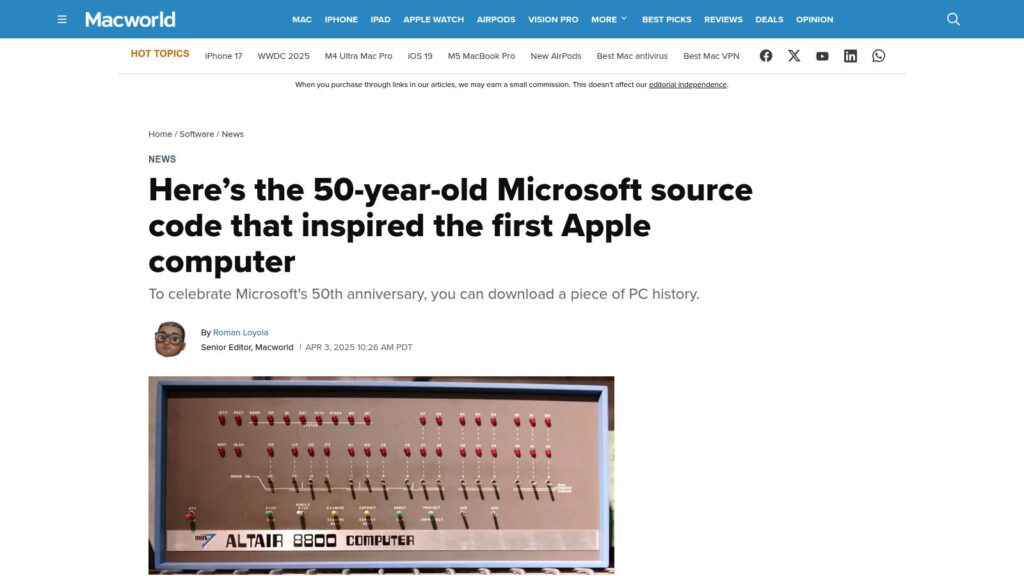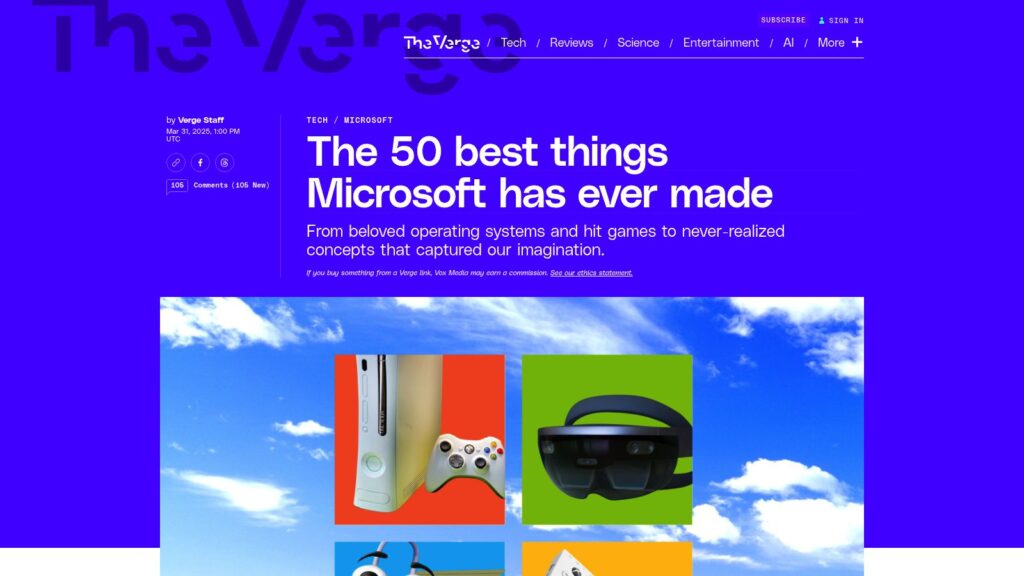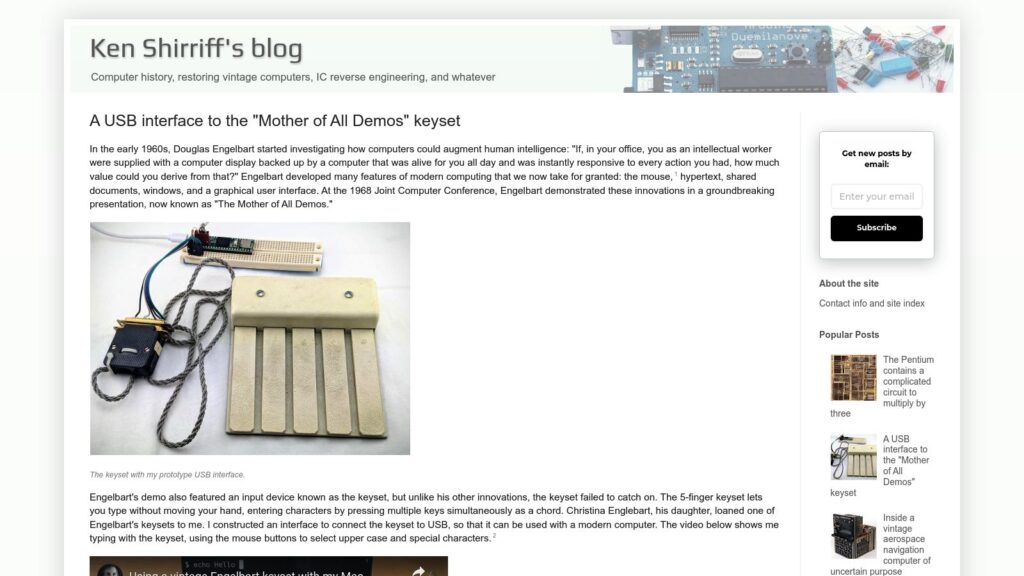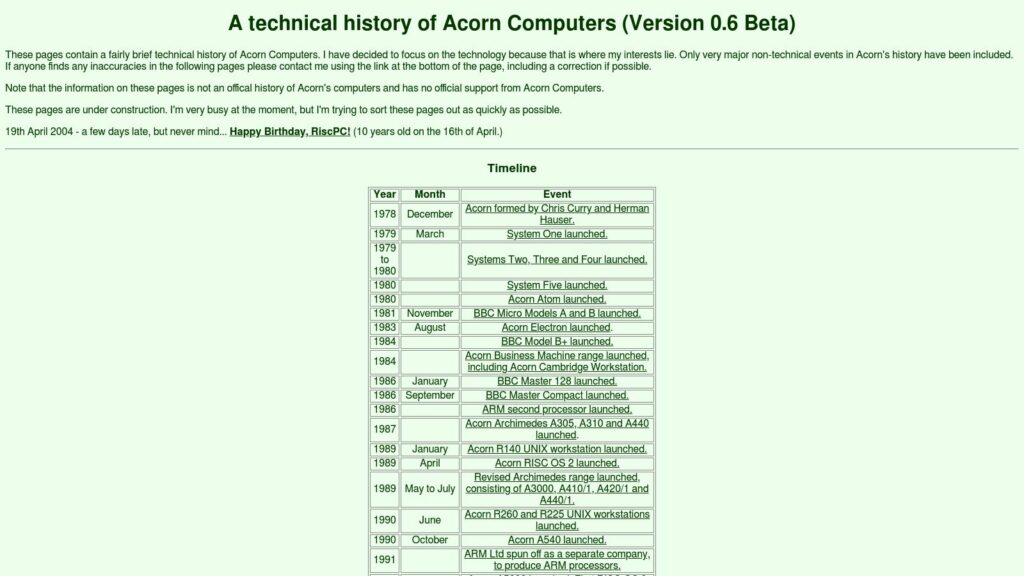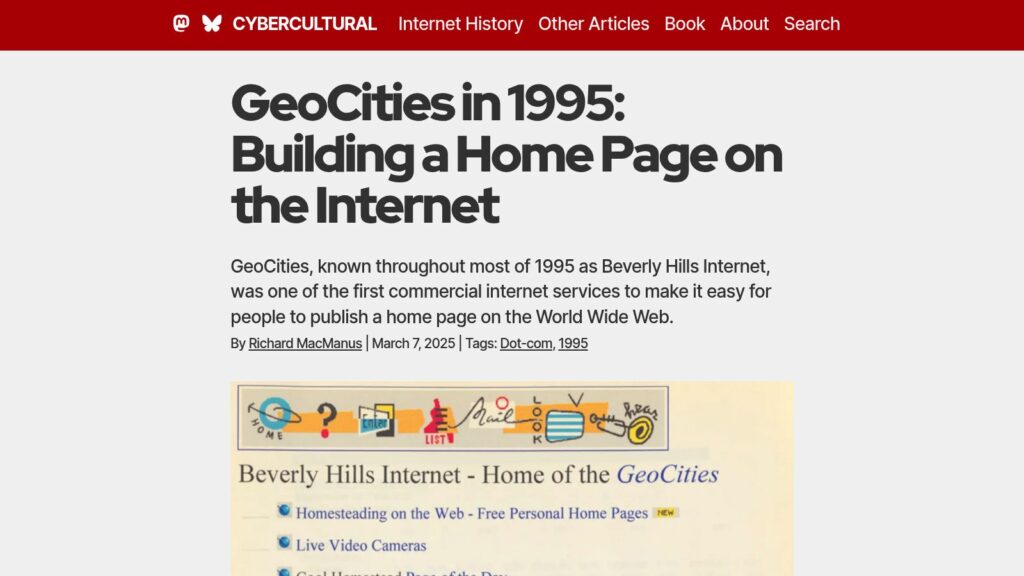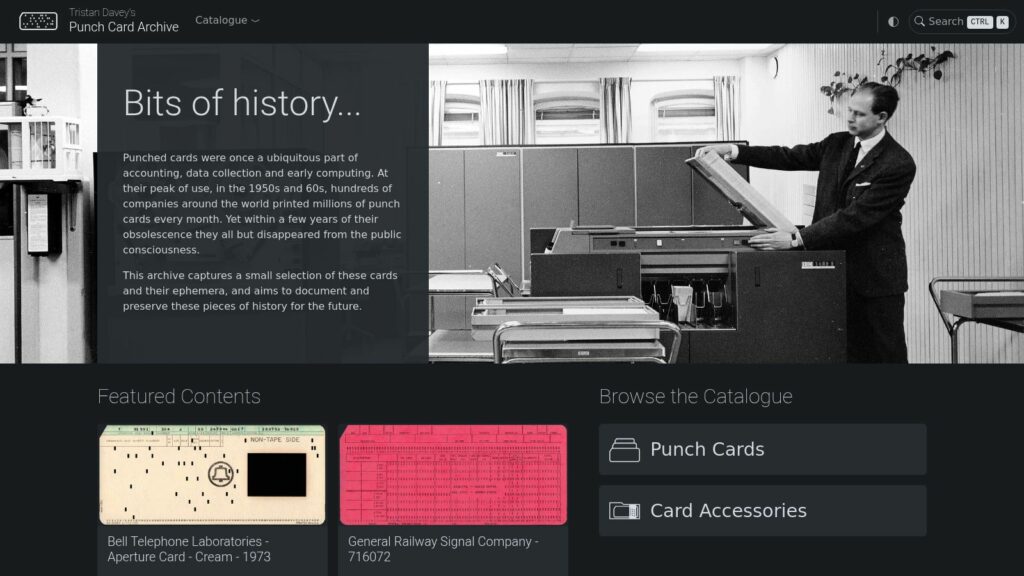Cybercultural: Internet History and Its Impact on Our Culture
Cybercultural explores internet history and culture from pre-web to Web 2.0 and beyond, documenting key developments and figures, like David Bowie’s websites and the impact of early internet platforms. The site includes articles organized by era, reflecting on the evolution of online culture.
Cybercultural: Internet History and Its Impact on Our Culture Read More »
